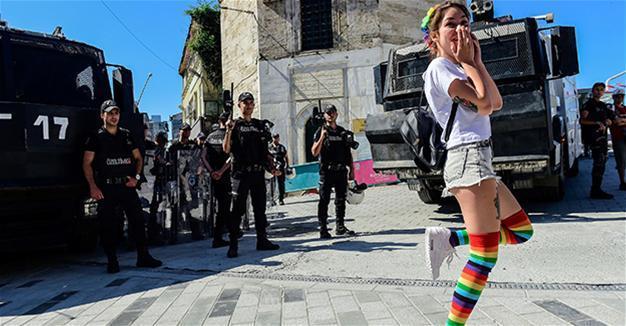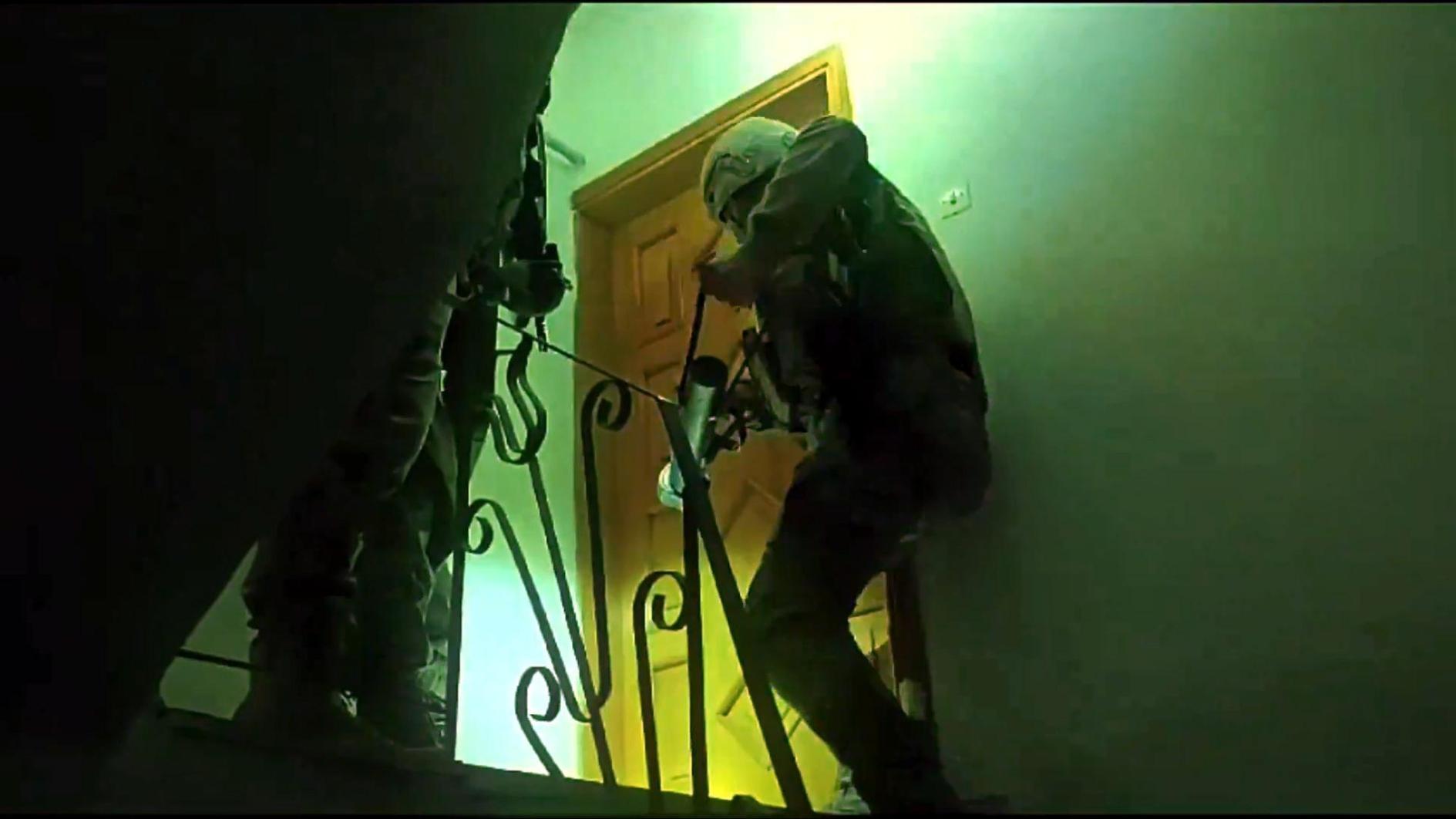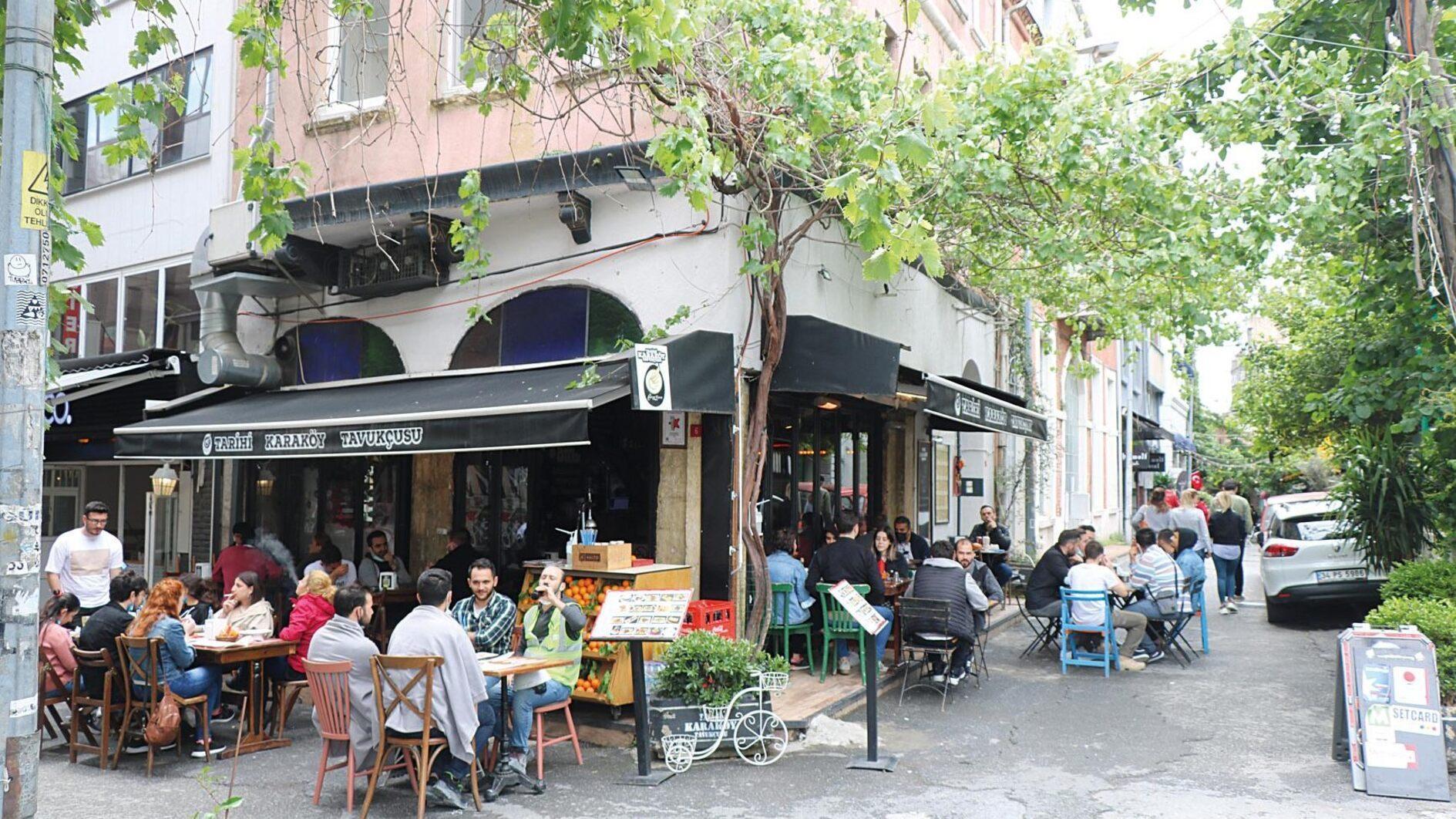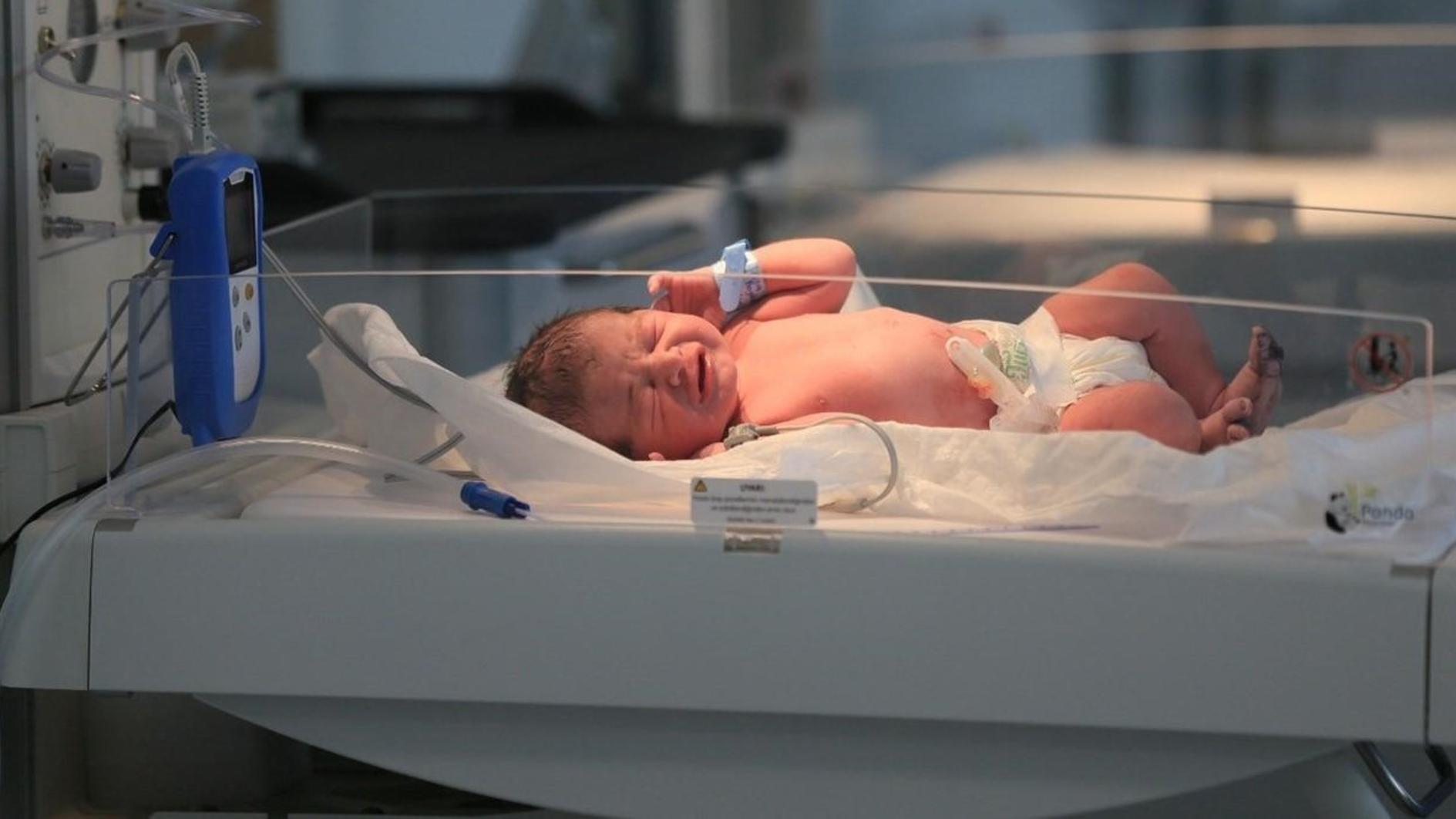Council of Europe commissioner criticizes ban on LGBT Pride march in Istanbul
STRASBOURG

AFP photo
Council of Europe Commissioner for Human Rights Nils Muižnieks has criticized Turkish authorities for banning the LGBT Pride march in Istanbul for a third year running, urging them to uphold the right to freedom of assembly.“As the European Court of Human Rights has repeatedly stressed, although a demonstration may annoy or cause offense to persons opposed to the ideas or claims it seeks to promote, this cannot serve as an admissible ground for prohibiting a peaceful gathering,” Muižnieks said in a statement on his Facebook account on June 26.
The commissioner also said there were “worrying reports of disproportionate use of force” by police against a small number of peaceful demonstrators.
“By banning the event, the Turkish authorities have failed to fulfil their positive obligation to guarantee both public security and the freedom of assembly, to which everyone is entitled, including LGBTI persons and other supporters of their rights,” Muižnieks said.
“I call on the Turkish authorities to ensure that the right to freedom of peaceful assembly, as enshrined in Article 11 of the Convention, is effectively enjoyed by LGBTI persons as equal members of society,” he added.
Some 44 people were detained on June 25 after staging the Pride march despite a ban on June 24 by the Istanbul Governor’s Office, which cited security concerns.
Twenty of them were those who opposed to the march while the others were LGBT activists who tried to escape to side streets after police attacked them with rubber bullets and tear gas.
Among those detained was also Bram Janssen, a photojournalist for the Associated Press, despite holding a press card but not carrying his passport with him.
Janssen later said he was released and was in good condition.
“Thank you for all the messages of support. I was released last night and I’m doing fine,” he tweeted on June 26.
As in previous years, the march had also drawn threats from Turkish ultranationalist groups.
The Alperen Hearths, a right-wing youth organization linked to the religious nationalist Great Union Party (BBP), had vowed to forcibly prevent the march from taking place even if authorities allowed it.
The march had taken place without incident in Istanbul for 13 years, but in June 2015 police intervened against it using tear gas and rubber bullets.
The Governor’s Office had also banned the march in 2016 as the country witnessed attacks claimed by the Islamic State of Iraq and the Levant (ISIL) or the outlawed Kurdistan Workers’ Party (PKK). However, in one of the biggest LGBT events in the mainly Muslim region, the 2014 Pride parade had drawn tens of thousands of people in Istanbul.
















